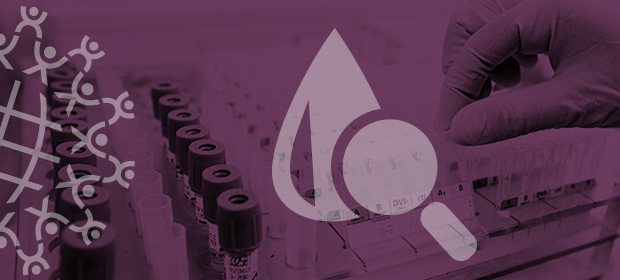Where We Work
See our interactive map


The WHO announced today that Ebola transmissions have ended in Guinea. Now a new kind of hard work begins.
The World Health Organization announced today that Ebola transmissions have ended in Guinea for the first time since the virus was detected there in 2014. It’s been 42 days—double the incubation period of the Ebola virus—since a new case was identified in the country.
Guinea is the last and largest of the three West African countries most affected by the outbreak to make such a declaration.
“What today marks is the end of transmission of Ebola in the human population, but this does not necessarily mean the end of Ebola,” Margaret Harris, a spokesperson for the WHO, told the BBC today. “We now know that we get flare-ups from virus that remains persistent in people who’ve recovered.”
Lingering chronic health issues aren’t the only problems survivors face.
For Guinea, Liberia, and Sierra Leone, recovery will be a long, difficult process. The countries’ health systems have been ravaged, their health workforces—already insufficient to meet their populations’ demands even before the outbreak—drastically reduced.
Doctors, nurses, ambulance drivers, and many others became infected and died as they struggled to contain the epidemic.
Now the countries are making plans to rebuild, using the power of experience—along with data and cell phones—to build stronger health systems than ever.
Consequences Beyond the Biological
The outbreak that began in 2014 has resulted in more Ebola survivors than the world has ever seen. And lingering chronic health issues aren’t the only problems they face.
In fact, some early WHO studies of Ebola survivors, Harris says, found that 25% of men tested still had evidence of the virus in their semen nine months after they first developed symptoms (though that doesn’t prove the traces were infectious). Much larger WHO studies are now underway in all three countries, focusing on other body fluids. As a result, we now know that Ebola can persist, for example, in breastmilk.
But survivors’ consequences extend beyond the biological. Their one-time friends and neighbors are often suspicious of them, terrified of being around anyone who was once infected. Many are cast out of their communities and left to live shadows of their former lives.
“We need to understand not just how long the virus persists, but what recovering from Ebola really means for people,” Harris says. “And also there’s a lot of work to help them get back into society and to help society to understand these people are heroes. Everybody who got Ebola got it because they were trying to help someone. Either a loved one they were caring for at home or they were a health worker trying to help somebody recover. So to then stigmatize people for being the best people in society is really cruel.”
Everybody who got Ebola got it because they were trying to help someone.
Those heroes Harris mentions include the frontline health workers who risked everything to keep their communities safe in the face of an unfamiliar disease. Among the 11,300 people who died during the epidemic, over 500 were health workers, which West Africa could little afford to lose.
Today’s news from Guinea is good. Great, in fact. But for the country’s government, health workers, and recovering communities, a new kind of hard work is just beginning.
Follow IntraHealth International’s special coverage of the Ebola outbreak and recovery: http://www.intrahealth.org/page/ebola
Get the latest updates from the blog and eNews




